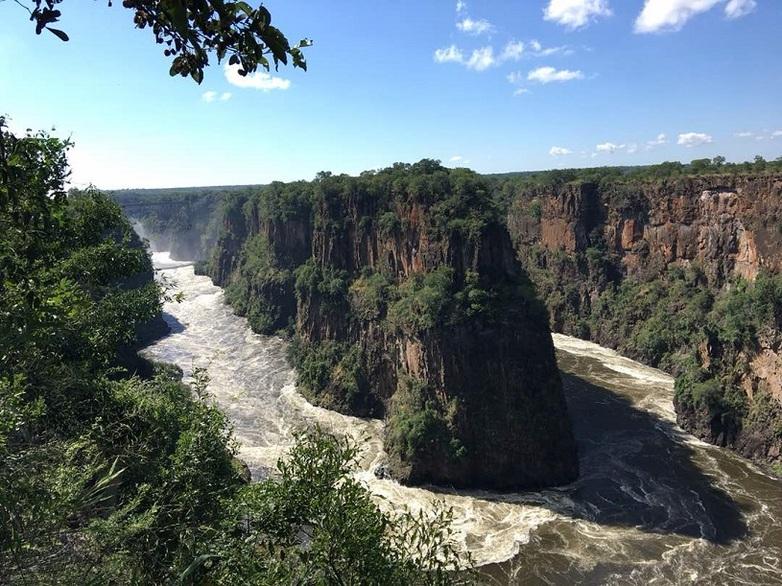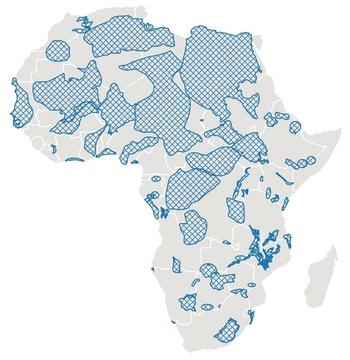Context
Around four billion people live in countries where water is scarce. Climate change and impaired ecosystems are exacerbating the situation and increasing the risk of migration, conflict and inequality.
Water security is essential for humans and nature: it ensures better drinking water supplies and sanitation, and thus promotes hygiene. Functioning ecosystems are dependent on water security, as are food and energy security. Peace and stability in the countries concerned are also closely connected to it. Furthermore, water security contributes to more effective responses to climate extremes such as droughts, and supports the long-term development of societies.


